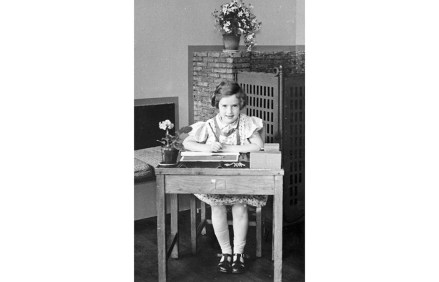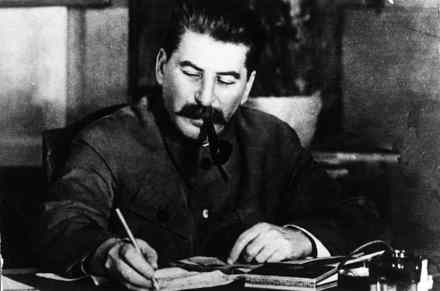A last-minute escape from the Holocaust
At the beginning of his profoundly moving memoir of his grandparents, parents, the Holocaust and the Gulag, Daniel Finkelstein writes: This the story of how my family took a journey which ended happily in Hendon, eating crusty bread rolls with butter in the café near the M1, but on the way took a detour through hell. Who would have guessed what those people, tucking into rolls at the newly-opened Brent Cross shopping centre in the mid-1970s, had been through? There was Finkelstein’s elegant Polish-Jewish grandmother, Lusia Finkelstein, known locally as ‘the Lady of Hendon Central’ in her hat; his German-born Jewish mother, née Mirjam Wiener, a maths teacher, who particularly



